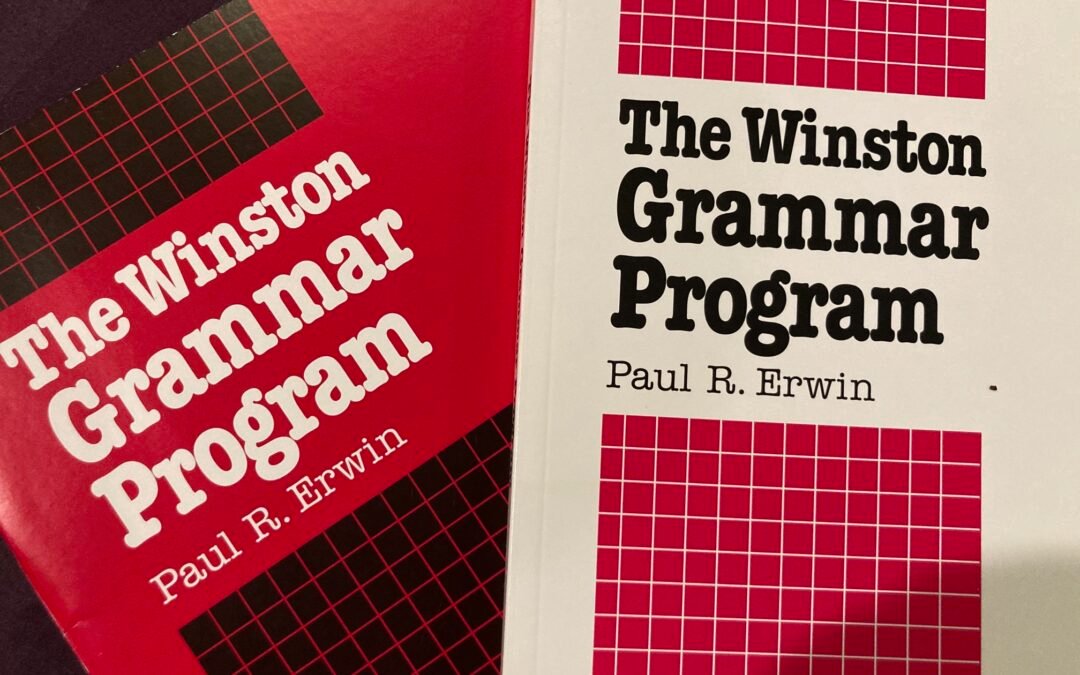 As adults, we talk about things being “balanced” a lot. We want balanced meals, work-life balance, and to balance our checkbooks. Balance is all about having just the right amount of something. For some people, finding balance in all of these things comes naturally and some people have to work for them. But for the person who is neurodiverse, this whole idea makes no sense.
As adults, we talk about things being “balanced” a lot. We want balanced meals, work-life balance, and to balance our checkbooks. Balance is all about having just the right amount of something. For some people, finding balance in all of these things comes naturally and some people have to work for them. But for the person who is neurodiverse, this whole idea makes no sense.
The typical brain wants to balance work with rest and vegetables with protein in a constant and never-ending cycle. Typical people shift gears over and over each day. That is part of what makes a balanced life for them.
Focus vs. Balance
However, when a person has ASD or ADHD, their brain doesn’t seek balance the same way. This special brain wants to do a thing until it is done. They may feel no need to take a break for hours or not be able to start on a project at all until they have a clear picture in their mind of how to do it completely.
 It may even be a matter of needing someone to collect all the necessary equipment for them–find the pencils, books, markers, and erasers–then they can start and not stop. The typical person might be able to start by doing just a little, then taking a break, but not them. They can work longer and harder than seems sane.
It may even be a matter of needing someone to collect all the necessary equipment for them–find the pencils, books, markers, and erasers–then they can start and not stop. The typical person might be able to start by doing just a little, then taking a break, but not them. They can work longer and harder than seems sane.
They can also take a break like nobody’s business. When they play or rest or read or do a hobby, it again has the potential to last hours or days, instead of the few minutes a typical person takes.
Playing A Long Game
When my oldest child was a toddler, I read that I should look at her as having a balanced diet not by what she ate at each meal, or even each day, but at a week at a time. Toddlers tend to have whole days they eat nothing but cheese, but over the course of a week, they get all the different foods of a varied diet that they need for good health. One day they eat nothing but fruit, and another nothing but pasta, so that they eat all they want on a single food at a time. They may not eat their balanced diet each day, but instead eat every food group over the week, still getting all they need to grow and be happy.
 This is how I look at balance for my neurodiverse children. Just like they didn’t want to switch from cheese cubes to strawberries at snack time, they don’t want to switch away from something they are immersed in, just because they can.
This is how I look at balance for my neurodiverse children. Just like they didn’t want to switch from cheese cubes to strawberries at snack time, they don’t want to switch away from something they are immersed in, just because they can.
If you think of life as set up into blocks of time, most of us manage our time in small blocks, maybe 20 minutes at a time, maybe less. We stack up blocks of time to work on a project, do a chore, eat a meal, take a shower, or watch a show.
My neurodiverse children just work with bigger blocks. They want blocks that are hours long, instead of minutes. To truly work on a writing assignment means to spend an hour or more finding all the right words. If they are playing a computer game, they want to play it to completion or for hours until they feel they have lived inside that game sufficiently. They don’t just visit a magical world in a book or TV show for 30 minutes; they need to go live there for a while. My neurodiverse children will binge-watch a TV show or binge-read an entire series of novels. But either way, they aren’t looking to stop to do something else today.
Finding My Way
 The challenge as a parent is to see that this is a valid way to live life. I seriously doubt that the geniuses of the world ever had a good “work-life balance.” They threw themselves into writing the music, solving the physics equations, and creating the computers in huge blocks of time. They made huge gains because of it. And I am betting that when they played or rested, they did those things with abandon too.
The challenge as a parent is to see that this is a valid way to live life. I seriously doubt that the geniuses of the world ever had a good “work-life balance.” They threw themselves into writing the music, solving the physics equations, and creating the computers in huge blocks of time. They made huge gains because of it. And I am betting that when they played or rested, they did those things with abandon too.
So, I am working on not judging my kids’ lives in minutes, but in days, weeks, and months. Did we work hard this month? Did we play hard or take time to rest this month? When my kids need to do these things may not fit into the typical American week. They don’t just have a lazy Sunday now and then. We may need a lazy Tuesday, Wednesday, and Thursday one week. But that is to balance that they may have spent many hours on projects and activities without rest or regard to the day or time.
As children, this “work” looks like play, so it can be hard for a parent to understand how a child can need to rest after spending all their time doing things they love. However, hyper-focusing to build the entire Lego kit, staying up 2 nights in a row to read their favorite new fantasy series, or engaging fully in other activities can still be hard work. Just because they can’t stop until it is done doesn’t mean that they aren’t tired afterward.
The fact that we homeschool makes it easier for my children to move between passions and rest. It gives them the freedom to work on finding their balance.
Finding Common Ground
 As a parent, I also have to make sure that things that need to be done little by little get put in front of them and pushed along. Because their brains don’t naturally know how to do something a little at a time. And some tasks do require it. Some things, like learning math or cursive handwriting, work best when you do them bit by bit, a few lessons a week. Most of us are not prepared to learn a year’s worth of Algebra in a week. Our brains just can’t move that fast or absorb that many new concepts.
As a parent, I also have to make sure that things that need to be done little by little get put in front of them and pushed along. Because their brains don’t naturally know how to do something a little at a time. And some tasks do require it. Some things, like learning math or cursive handwriting, work best when you do them bit by bit, a few lessons a week. Most of us are not prepared to learn a year’s worth of Algebra in a week. Our brains just can’t move that fast or absorb that many new concepts.
So, I make schedules and plans. I guide my kids through how to work bit by bit on learning something new. I also nudge them to do daily and weekly chores, because things like laundry and housekeeping are easier to do bit by bit. This one is hard for all of us since I also don’t like housework.
It’s not easy to figure out how to help my children find balance. My mothering instinct is to push them into the regularly accepted form of balance with daily activities in many areas. Realizing that they do best with a different kind of rhythm has been hard. For them, balance is a long game. It’s not a daily task, but a weekly or monthly one.
Growing and Evolving with My Children’s Needs
As we homeschool, the best rhythm for each child has changed as they have gotten older. Sometimes the key to balance for them is to focus very hard on just one or two subject areas at a time. In these cases, we end up doing a year’s worth of work in just a few months. On the other hand, sometimes schoolwork needs to be done more slowly than typically envisioned. This gives us plenty of time for other interests and passions.
Flexing to meet them where they are is part of my job as the parent and guide in their education. They don’t have to match what everyone else is doing. They just have to learn how to live as themselves.





0 Comments